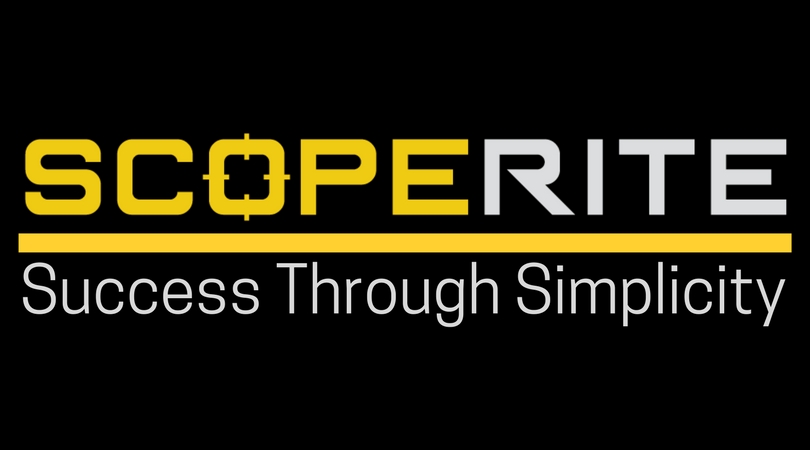
Most CRMs are pretty similar. There really is no way around that; they all have similar features that serve similar purposes, regardless of the industry or intended function. So what makes them different? And how do you know really which one is right for you? We have talked before about picking the right CRM for your company here and here, but today we want to talk to about how Scoperite is different than many of the other systems.
At Scoperite we stand by our goal of success through simplicity, which means making your life easier. It means not have a bunch of useless features, it means having an easy to use layout, and it means not being the end-all, be-all software system for your company. Many of the CRM systems out there are made to be the last piece of software that you will ever need; it is all-encompassing, has all the features from an email server to sales management to budget reports, and is meant to be used for anything (and everything) your company could possibly need. But who really needs that besides gigantic corporations? Not small businesses that’s for sure. Even medium and some larger companies don’t need something that can do it all.
In our ongoing goal of simplicity and reducing stress, we understand that most small businesses, especially within the construction sphere, don’t need an all-encompassing system, which is why we aren’t one. We know that sounds weird; flaunting something that we aren’t, especially in comparison to our competition. We also know that you need a system that is going to work for your needs, so why pretend?
Scoperite is unique in that we are a claims management software, and nothing more. We know that most companies already have a system in place for emails and budgets and whatever else, but that what most companies need, especially in the construction sector, is a system to manage claims and projects. Between Google, Microsoft, and Amazon there are enough free and affordable services for all your other business needs, so why uproot that just to use the parts of a software system that you need. Scoperite allows users to input email addresses into the system so that messages can be sent and seen both on the platform and from within your email system, eliminating the need to get a whole new email system set-up within the CRM. It also let’s you store documents and track payments within each claim, so it is easy to get a quick picture of where each project is at. Do you need more than that? Probably not if you are already operating successfully. Adding Scoperite will simply continue to make your life easier, and your business more effective at what you do. If you are interested in learning more about Scoperite’s features and functions, please sign-up for a demo at www.scoperite.com!

